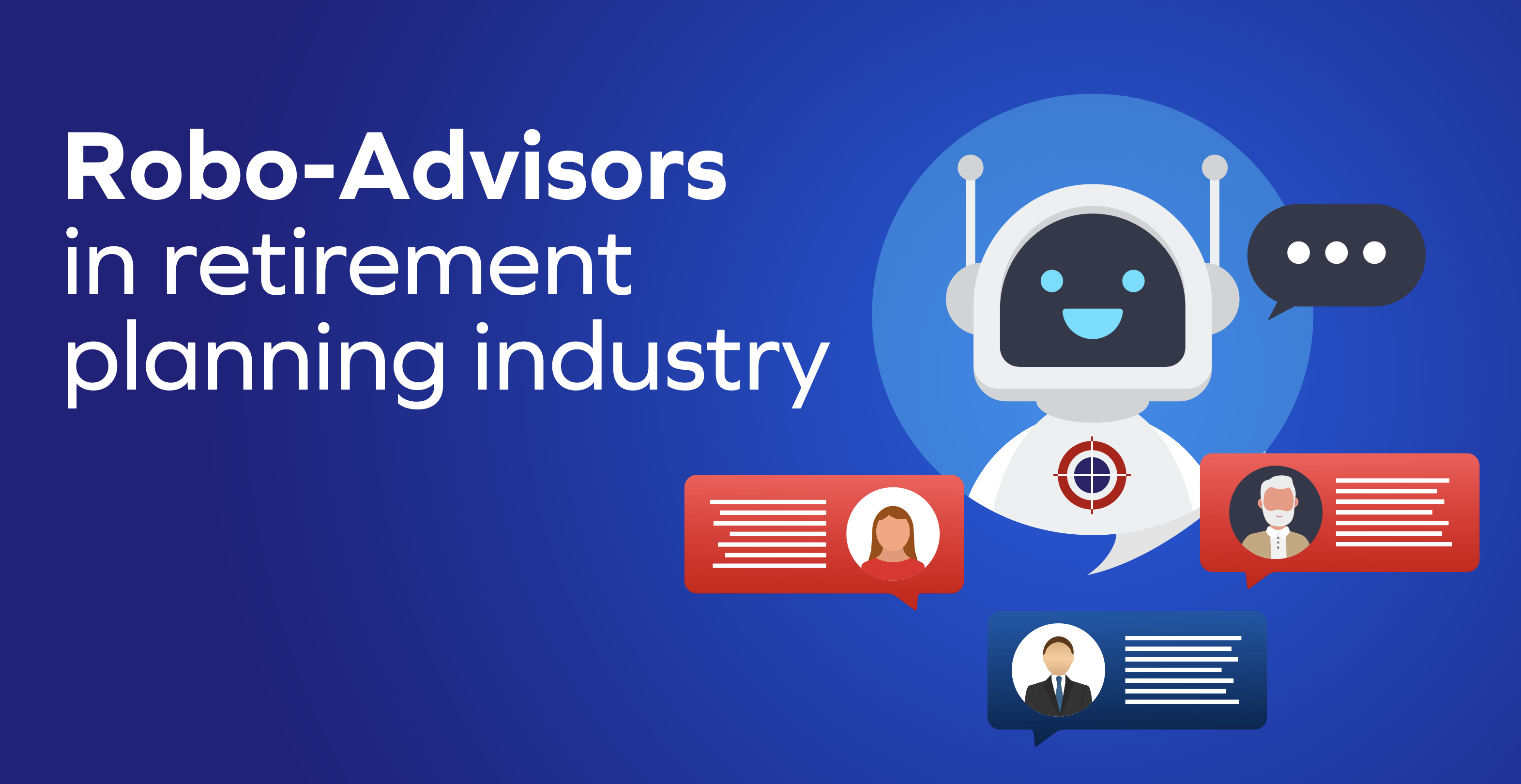
At their core, robo-advisors are automated investment platforms that use algorithms to develop customized investment portfolios. A typical robo-advisor platform gathers data from the plan participant (employees) through a series of questions on a self-service portal. These questions range from basics like age, gender etc. to complex parameters like their background, inheritance potential, financial goals and so on.
From there, the robo-advisor can offer recommendations, make investment decisions like executing trades, rebalancing a portfolio, performing tax-loss harvesting etc. The platform generally chooses a mixed-bag type of assets — like stocks, bonds, real estates, commodities etc. — so that those participants can have a diverse, risk-averse portfolio.
What can robo-advisors do?
“…people don’t want somebody to give them advice on how to do this. They want somebody to do this for them. That’s the space robo-advisors are going into”
– Professor Jill E. Fisch, University of Pennsylvania
#1 Present information to investors
At the elementary level, robo-advisors can offer data-driven intelligence on a self-serve basis to anyone who wants to understand their investments better. For plan sponsors, this offers a unique opportunity to attract young participants — millennials and Gen Z — who are unwilling or not yet ready to speak to a full-time human wealth advisor.
By showing them reports, answering basic questions and collating reports, robo-advisors can ease nascent investors into becoming informed planners.
#2 Build effective investment strategies
Robo-advisors can swiftly and accurately convert user data into insights needed to build a customized and diversified investment portfolio. This is especially helpful for clientele of age 50 and above, who are reluctant to make complex decisions about their investments — a robo-advisor can do the work and make recommendations.
Moreover, robo-advisors help plan sponsors scale the personalized investment services they offer to high net-worth individuals. By automating the process, robo-advisors help democratize investment advisory as a whole.
#3 Facilitate better debt planning
Robo-advisors are built to be objective. They consider the data they receive from the participant and make recommendations to meet financial goals based on that data. This can be especially handy in debt management. Robo-advisors can offer realistic ideas on how to handle debt, while planning for retirement.
#4 Mitigate market risks with portfolio rebalancing
Investment portfolios oscillate based on market movements and, sometimes, the ‘drift’ can cause volatility. Portfolio rebalancing by robo-advisors cushions these changes by automatically resetting the equilibrium by selling assets that out-performed and buying more of funds that have under-performed. This resets the portfolio to its target asset allocation.
From plan sponsors’ point of view, this system saves a ton of money and human resources in mitigating sudden market risks.
#5 Help with tax-loss harvesting
Tax-loss harvesting is offsetting capital gains tax with losses from losing stocks. Without an automated process, the process to rightly identify tax harvesting opportunities is tedious and resource-intensive. Well, robo-advisors at your service! Robos can be designed to run periodic market simulations to identify vulnerabilities and act upon them immediately.
#6 Enable thoughtful withdrawals
One of the biggest hurdles in retirement fund management, especially for the older folk, is to channel their investments into a steady monthly revenue stream properly. In a typical investment scenario, automated paychecks are calculated after consultation with a financial advisor.
Robo-advisors, right from the boot, can run thousands of futuristic market simulations and arrive at multiple withdrawal scenarios for participants to choose from. Some advanced robo-advisors like at Vanguard can also perform automatic withdrawal spaced across periods chosen by the customer.
#7 Secure retirement assets
“Robo-investment platform have bank or military-grade encryption.”
— Robert Siciliano, identity theft expert.
Because of its self-servicing nature, robo-advisors are built with security as the top priority. By minimizing human touchpoints, robos can prevent data breaches. Since amost robo-advisors are owned by the top investment platforms in the industry, their security standards are in line with that of the parent institution.
Plan sponsors can also customize robo-advisors to their company’s compliance principles. They can send regular reminders to participants to set complex passwords, identifying and mitigating cybersecurity threats, preventing data loss etc.
These are just the beginning. As analytical tools get stronger and artificial intelligence becomes more mature, robo-advisors have the ability to bring sound financial advice to every single participant — instantly and cost-effectively.
